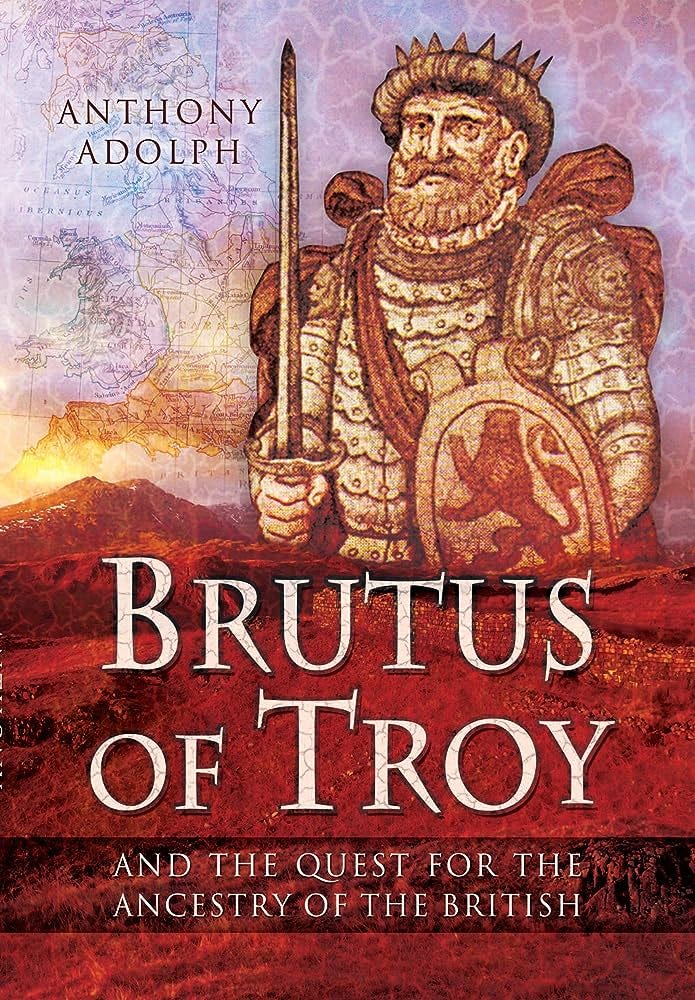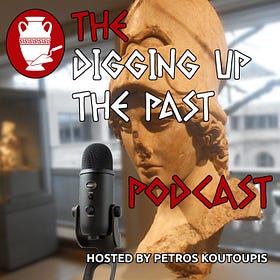Book Review - Brutus of Troy: And the Quest for the Ancestry of the British by Anthony Adolph
Review
Author: Petros Koutoupis
Originally published by Ancient Origins (19 April, 2016), but revised.
In his latest research, renowned genealogist, Anthony Adolph, takes on the eponymous mythological ancestor of the British, Brutus. According to tradition, Brutus is a descendant of Aeneas, a Trojan refugee of the Trojan War (ca. 1200 BCE). It is through Brutus that the later English monarchs would lay claim to the throne; a tradition maintained by today’s Welsh Royalty.
Before this publication, I had no knowledge of “Brutus of Troy.” This came as a bit of a shock, mainly because his legacy has been so embedded into the history of Britain. Initially conceived by Medieval Age monks, Brutus was woven into the foundation myth of his people. And much like each culture before them, there was a constant desire to trace one’s lineage to something greater, typically resulting in an origin story. This is where Brutus comes into the picture.
The story of Brutus continues after Aeneas’s Virgilian journey from a burning Troy and to his eventual conquering of the Italian mainland. Ascanius, son of Aeneas, founded Alba Longa, a city in ancient Latium, Southeast of Rome. He married and fathered Brutus. As a young man, Brutus accidentally killed his father and was exiled from Italy. Much like his grandfather before him, Brutus sets off on a journey of his own, where the goddess Diana prophesied of his finding an island outside of the Pillars of Hercules (the Straits of Gibraltar) known as Albion (i.e. Britain). On his journey to the island and even after stepping foot on Albion, Brutus and his compatriots are met with a series of trials and tribulations, the next more devastating than the last. Brutus succeeded in all of his efforts and established a “New Troy.” This would later become London. He divides the island amongst his offspring, thereby leaving his legacy and establishing the start of a Royal line.
Anthony Adolph introduces the reader to Brutus and the earliest traces of his story, as it was preserved in Medieval literature, and on the heels of Roman occupation and Roman influences. The reader is guided through each telling as it was told within its respective historical context. He then continues to provide a detailed account of Brutus’s life, as related by Geoffrey of Monmouth. This leads to each retelling of the hero’s tale and what and whom he would later inspire. As is fitting of every epic, Adolph ends his research with the traditions of Brutus’s passing and burial.
It is immediately apparent that Anthony Adolph has exhausted every resource at his disposal. The conclusion of which lead to an extremely well researched publication. I enjoyed reading this immensely. I would definitely recommend it to anyone with an interest in both Classical and Medieval literature.
You can purchase a copy of Brutus of Troy at Amazon.
Rediscovering Brutus of Troy: The Mythical Ancestor to the Britains
In this episode, host, Petros Koutoupis, sits down with professional genealogist and historical researcher and author, Anthony Adolph. They discuss Anthony’s book, Brutus of Troy: And the Quest for the Ancestry of the British. Who was the legendary Brutus of Troy and why was he important to the British? What did Brutus symbolize and why link him back to…




